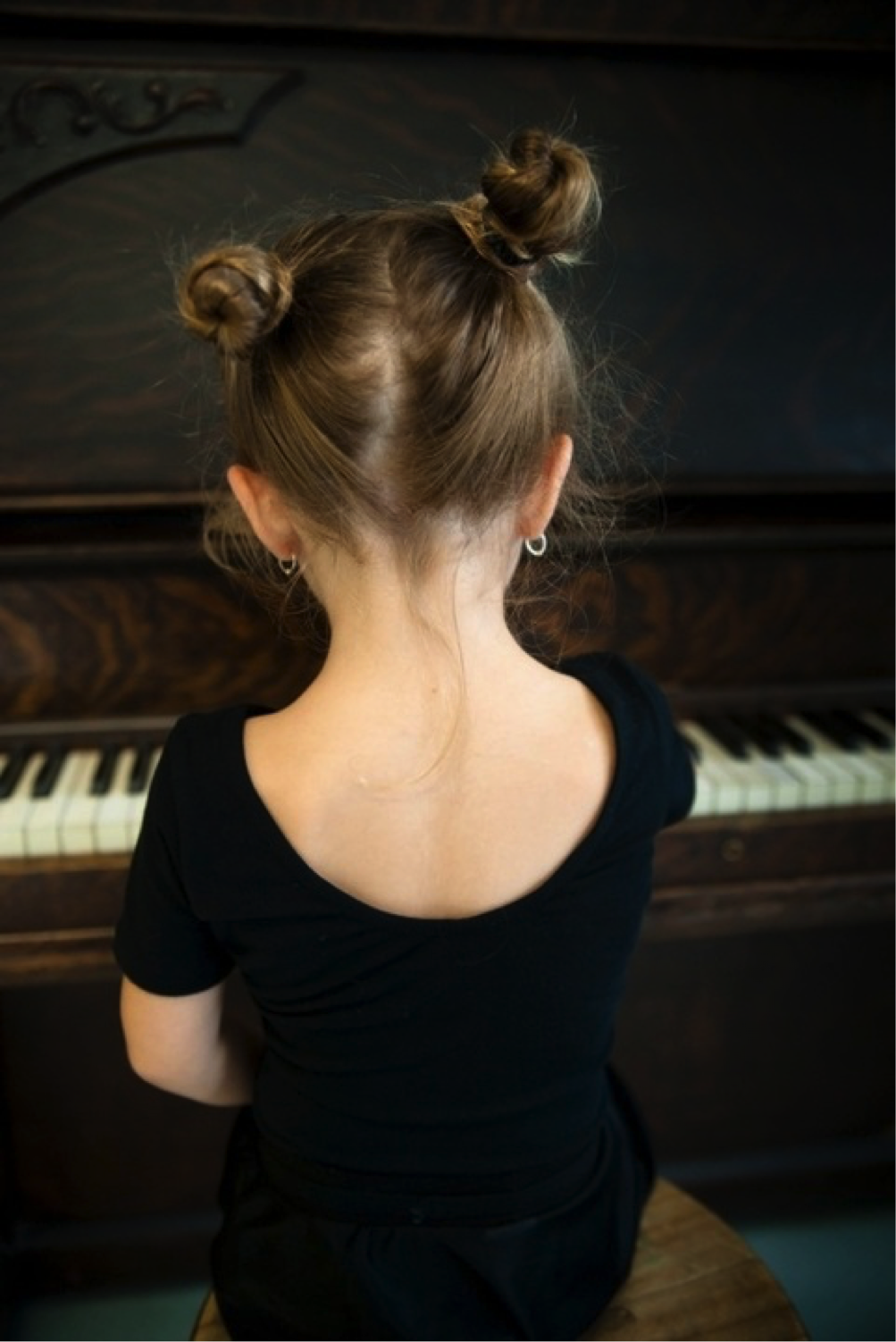|
Create a welcoming environment at home: The location of the instrument as well as what is going on around it will have a huge impact on whether or not a student has the desire or capability to practice effectively. If the TV is blaring, distracting noises are all around and there seems to be chaos brewing, it will be nearly impossible to practice properly. Superior practice spaces are not in immediate sight of other tempting devices such as TV or games. It is generally a room or space of its own that is clear of clutter, inviting, meditative, and quiet. If space is limited in your home and many electronics and games surround the practice space, see to it that the whole family respects the time in which practice occurs and is supportive, silent or involved by quietly listening during that time. Set a practice time: Routine is key. Pairing practice time with something that is regularly done will result in stable practice habits and faster accomplishments at the instrument. Practicing every day for an hour is better than practicing one day for 3 hours and skipping several days. Get Involved: A child’s interest in practicing or playing the piano is often directly linked to the interest level of those the child looks up to. Instead of viewing practice as a chore such as washing the dishes, show your child that you are excited, enthusiastic and have a high level of interest in their work. This will inspire your child to be enthusiastic and interested as well. Asking them to play specific pieces and taking the time to listen will encourage your child to work on his or her instrument. Remember that although you are physically able to listen while texting, typing, reading a book or doing something else in a different room, setting aside the time to listen while looking directly at your child will give them a greater sense of your involvement and undivided attention. It helps them to know that you are not only listening but watching how they use their body to create sound;whether it be flying fingers, syncopated pedaling with their feet, relaxed circular wrist movements etc. Teenaged students generally require less parental involvement in their music lessons. They often view practice as their own personal thing; their way to escape, deal with changes, challenges and a means of expressing themselves. Know The Difference Between Practicing and Playing: The difference between practicing and playing can be the difference between moving forward and staying in the exact same place. When we play the piano or other instrument, we are simply reciting a piece that may or may not improve. When we practice, we are focused on certain aspects needed to improve the piece. If a student plays a piece 50 times, it may not only not improve, but it can actually get worse if it is being played with bad technique. If a student properly practices a piece 5 times, it will absolutely get better each and every time. This is how we grow as musicians. Playing is simply being expressive whereas properly practicing is being expressive and getting better every time. During your lesson, you will learn how to balance playing and practice as well as all the practice techniques and steps needed to improve on a daily basis.
0 Comments
Your comment will be posted after it is approved.
Leave a Reply. |
AuthorJodi Ann Russell, Ed.D., M.M., B.M., N.C.T.M. is an expert piano instructor who emphasizes mindfulness, relaxation, creativity and technique in personalized piano lessons and master classes online. Archives
April 2024
Categories |


 RSS Feed
RSS Feed